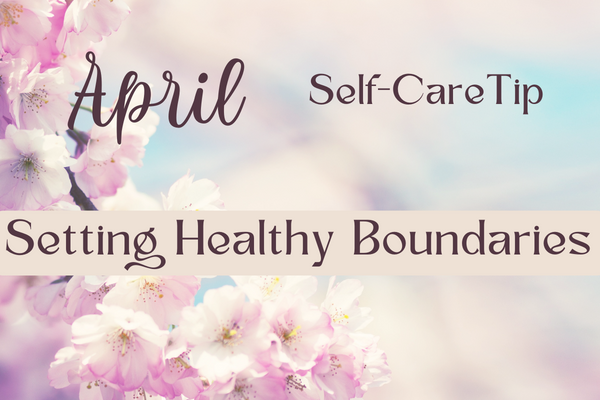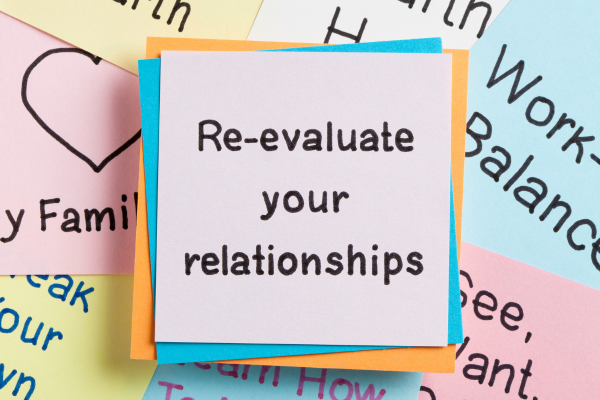
Embracing Mercy and Gratitude: The Power of Self-Care
As we embark on this journey of self-discovery and self-care, let’s take a moment to dive into the beautiful intersection of mercy, gratitude, and self-care.

Picture this: a cozy evening wrapped in a warm blanket, a cup of your favorite tea in hand, and a heart full of gratitude for the blessings in your life. This is the essence of self-care—a gentle reminder to nourish our minds, bodies, and souls with love and kindness.
The Essence of Mercy and Gratitude:
Mercy is like a gentle embrace, wrapping us in compassion and forgiveness for ourselves and others. It’s about offering grace beyond what is deserved and extending a helping hand to those in need, including ourselves. Gratitude, on the other hand, is the sweet melody of appreciation, reminding us to count our blessings and find joy in the simple moments of life. When we combine these two virtues, magic happens. We create a tender love and understanding space, where self-care thrives and flourishes.
Practicing Mercy and Gratitude in Self-Care:
So, how do we integrate mercy and gratitude into our self-care routines? Let’s explore some practical examples and suggestions:
Daily Gratitude Practice: Start or end your day with a gratitude journal, where you jot down three things you’re thankful for. It could be as simple as the sun’s warmth on your face or the laughter of your loved ones. Cultivating a mindset of gratitude shifts your focus from what’s lacking to what’s abundant in your life, fostering a sense of contentment and peace.
Self-Compassion Meditation: Set aside a few minutes each day for a self-compassion meditation. Close your eyes, take a few deep breaths, and repeat loving-kindness phrases to yourself, such as “May I be happy, may I be healthy, may I be at peace.” This practice cultivates a sense of mercy towards yourself, allowing you to let go of self-criticism and embrace self-love.
Nourishing Self-Care Rituals: Create a list of self-care activities that fill your cup and make your heart sing. It could be anything from taking a long bubble bath, going for a nature walk, or curling up with a good book. The key is to prioritize activities that bring you joy and rejuvenate your spirit, showing yourself the same tenderness and care you offer others.
Gratitude Walks: Stroll in nature and immerse yourself in the beauty surrounding you. Notice the colors of the leaves, birds chirping, and the gentle breeze on your skin. With each step, express gratitude for the abundance of blessings in your life, grounding yourself in the present moment and filling your heart with joy.
Acts of Kindness: Practice random acts of kindness towards yourself and others. Treat yourself to a delicious meal, write yourself a love letter, or surprise a friend with a heartfelt gesture. By spreading kindness and mercy, you create a ripple effect of love and positivity that uplifts yourself and those around you.
The Importance of Mercy, Gratitude, and Self-Care:
Mercy, gratitude, and self-care are not just fleeting moments of bliss but essential pillars of a fulfilling and meaningful life. When we prioritize self-care, we replenish our well of compassion and resilience, allowing us to show up fully for ourselves and others. When we infuse our self-care practices with mercy and gratitude, we create a sacred space of healing and transformation, where every breath is a gift, and every moment is infused with love.
As we embark on this journey of self-care, let us remember to embrace the virtues of mercy and gratitude with open arms. Let us extend compassion and forgiveness to ourselves, recognizing that we are worthy of love and kindness, just as we are. And let us cultivate a heart full of gratitude for the abundance of blessings surrounding us, finding joy in life’s simple pleasures. Together, let’s create a world where self-care is not just an indulgence but a sacred act of love and reverence for ourselves and each other. You deserve it, beautiful soul.
Joe is a husband, father, grandfather, author, speaker, educator, course creator, and parent/family coach.
He helps parents develop unity, find clarity, communicate, and develop consistency in their parenting with the Four C’s of Successful Families. You can find his work on social media.
In addition, the Four C’s newsletter is enjoyed by many as it encourages parents to self-care, build their relationships with their partners, and raise their children.
And he loves to golf!










